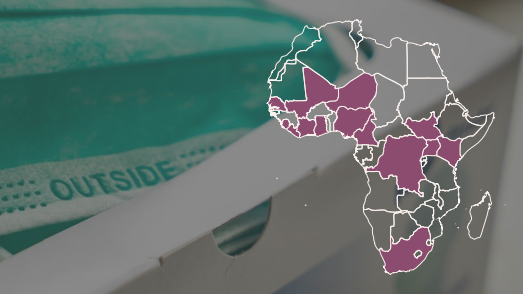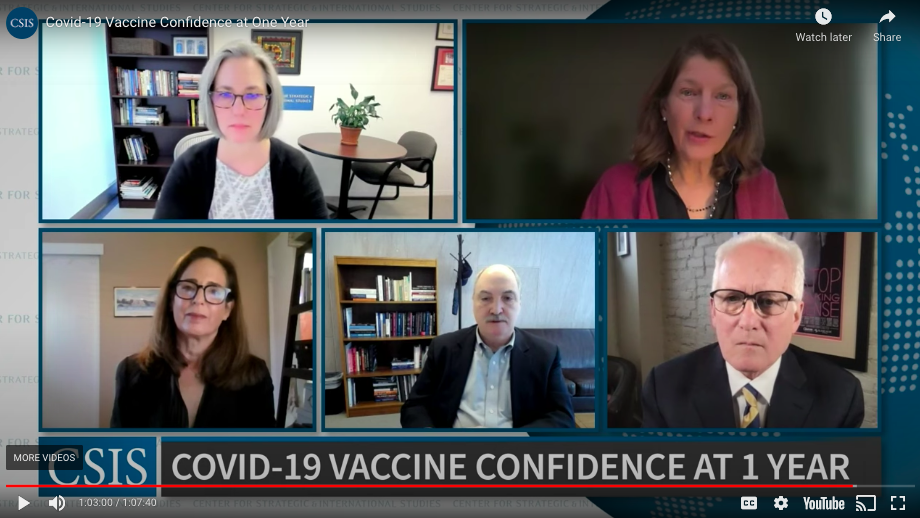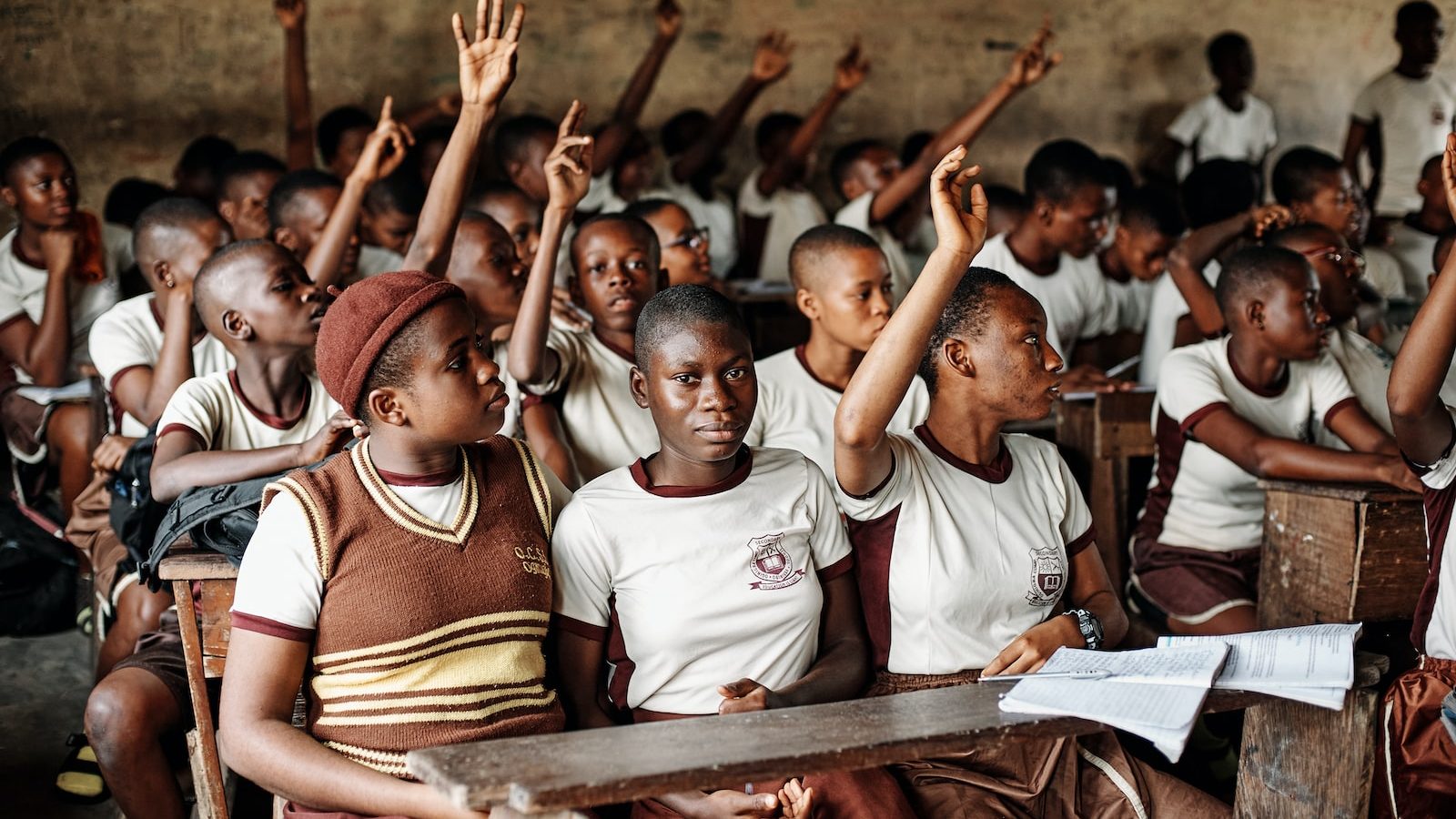There’s been a worrying decline in diphtheria, polio and measles jabs. We should heed the lessons of COVID-19.


There’s been a worrying decline in diphtheria, polio and measles jabs. We should heed the lessons of COVID-19.

Overview The Vaccine Confidence Project and its partners aimed to improve COVID-19 vaccine confidence…

In this perspective, we argue that the epidemiological and social crises brought about by COVID-19 have magnified widely held social anxieties and trust issues that, in the unique circumstances of this global pandemic, have exacerbated scepticism toward vaccines.

These reports visualise findings from surveys fielded across 14 African countries in January 2022.

In this journal article, we draw findings and insights from the VCP’s decade-long monitoring of media and social media and its related research efforts.

This article argues that increased efforts should be placed on developing mechanisms for sharing lessons learnt about strategies that have successfully increased confidence in vaccination in Europe and globally.

On Friday 4th February the Center for Strategic and International Studies and the London School of Hygiene and Tropical Medicine’s High-Level Panel on Vaccine Confidence and…

We used a mixed-methods approach—involving an online cross-sectional survey and semi-structured interviews–to gain insight into COVID-19 vaccination beliefs, attitudes, and behaviours amongst H&SCWs in the UK.

In this study, we explore how intent to receive a COVID-19 vaccine evolved in Nigeria (both nationally and sub-nationally) between March 2021 (when the first vaccines were administered to healthcare workers) and October 2021.

Overview Throughout the COVID-19 pandemic, the Vaccine Confidence Project teamed up with YouTube and other health partners to reach people with credible information…

Working through the spring of 2021, the CSIS-LSHTM High-Level Panel on Vaccine Confidence and Misinformation analysed the diverse forms of vaccine hesitancy in the United States and their links to international phenomena.

As part of the panel ”Science, Trust and Society” at the ”Understanding Risk Asia Conference 2021”, Assistant Professor Leesa Lin discusses the current context of vaccine…